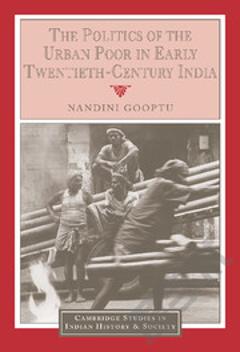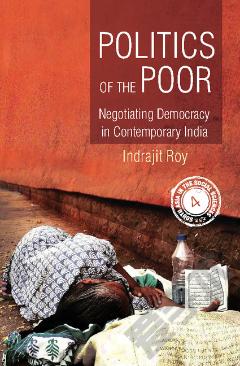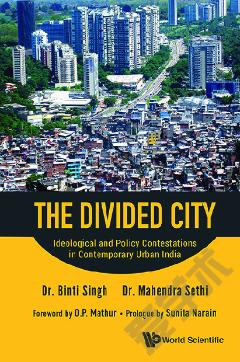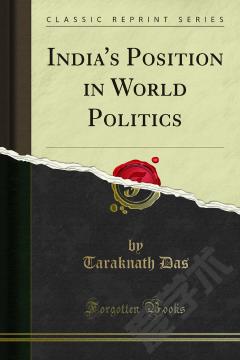The Politics of the Urban Poor in Early Twentieth-Century India
Nandini Gooptu's magisterial 2001 history of the labouring poor in India represents a tour-de-force. By focusing on the role of the poor in caste, religious and nationalistic politics, and on their contribution to the urban economy, the author demonstrates how they emerged as a major social factor in South Asia during the interwar period. The empirical material, concentrated on Uttar Pradesh, provides compelling insights into what it meant to be poor in the urban environment: exploitation in the workplace, the problems of finding housing, police harassment, social and political exclusion by the elite. Approaching the history of early twentieth-century Indian politics from this perspective, the author takes issue with current interpretations of sectarian and nationalist politics which argue the salience of community identity and the irrelevance of class in political analysis. This book will interest those concerned with urban social history, ethnic and sectarian conflict, nationalism, and the politics of poverty, labour and class relations.
{{comment.content}}








 京公网安备 11010802027623号
京公网安备 11010802027623号